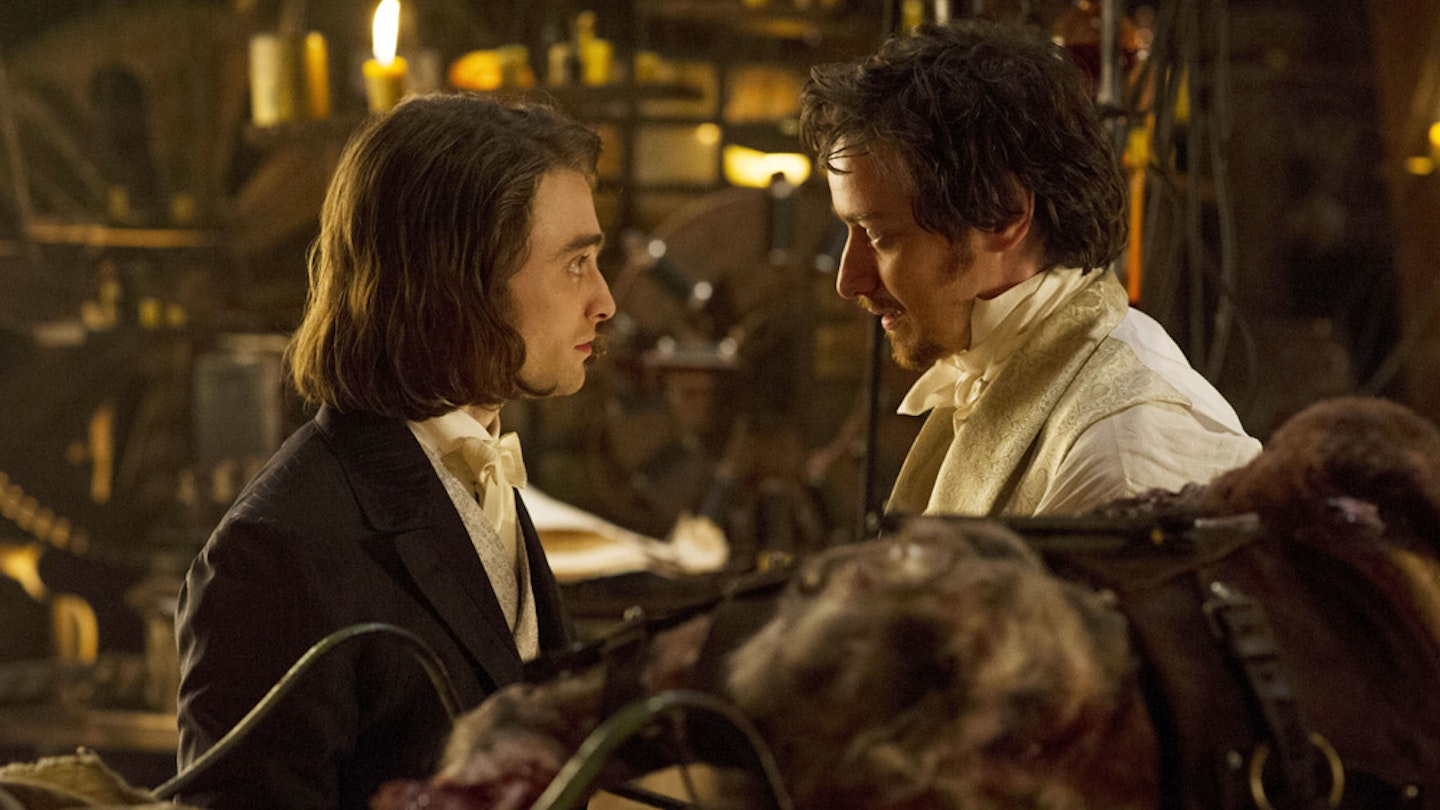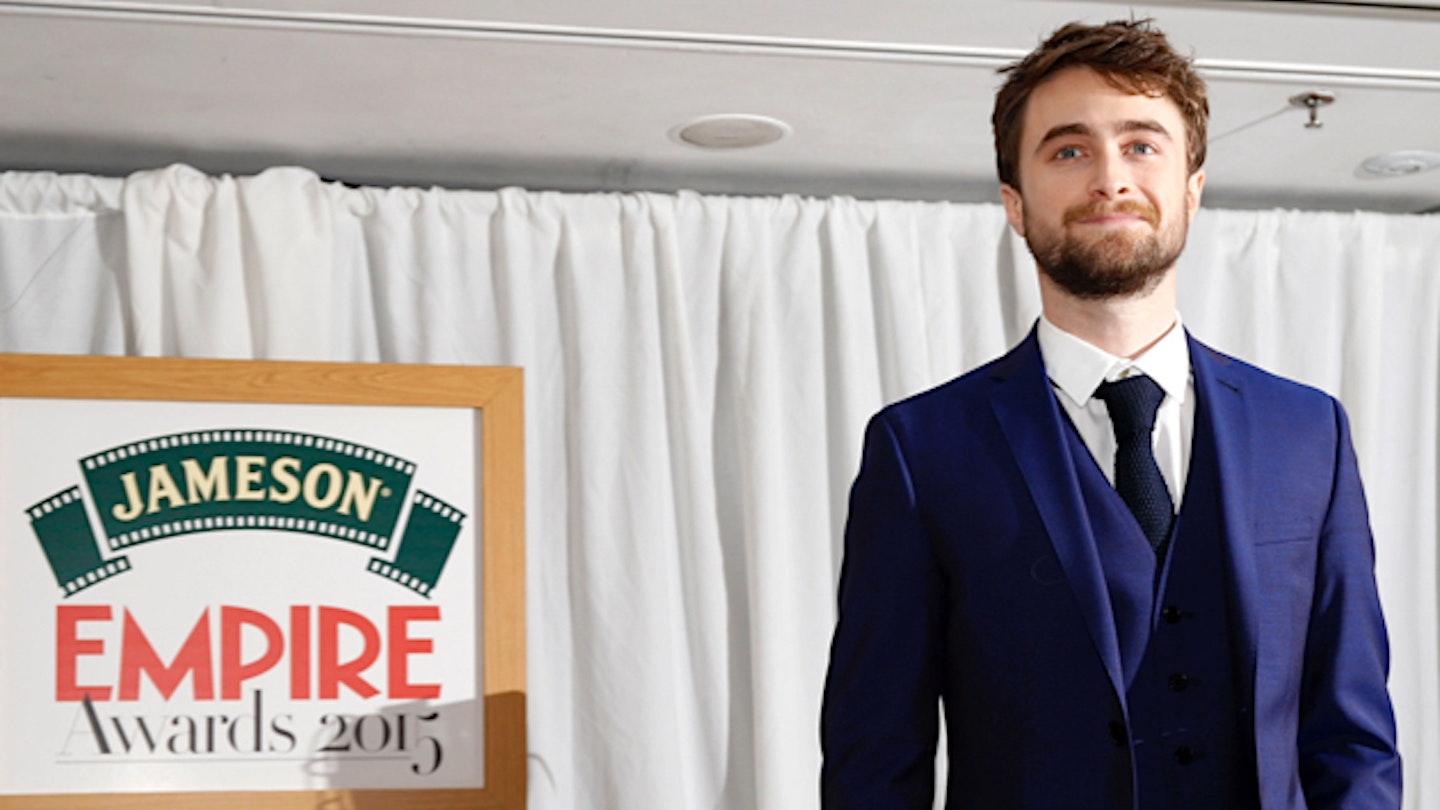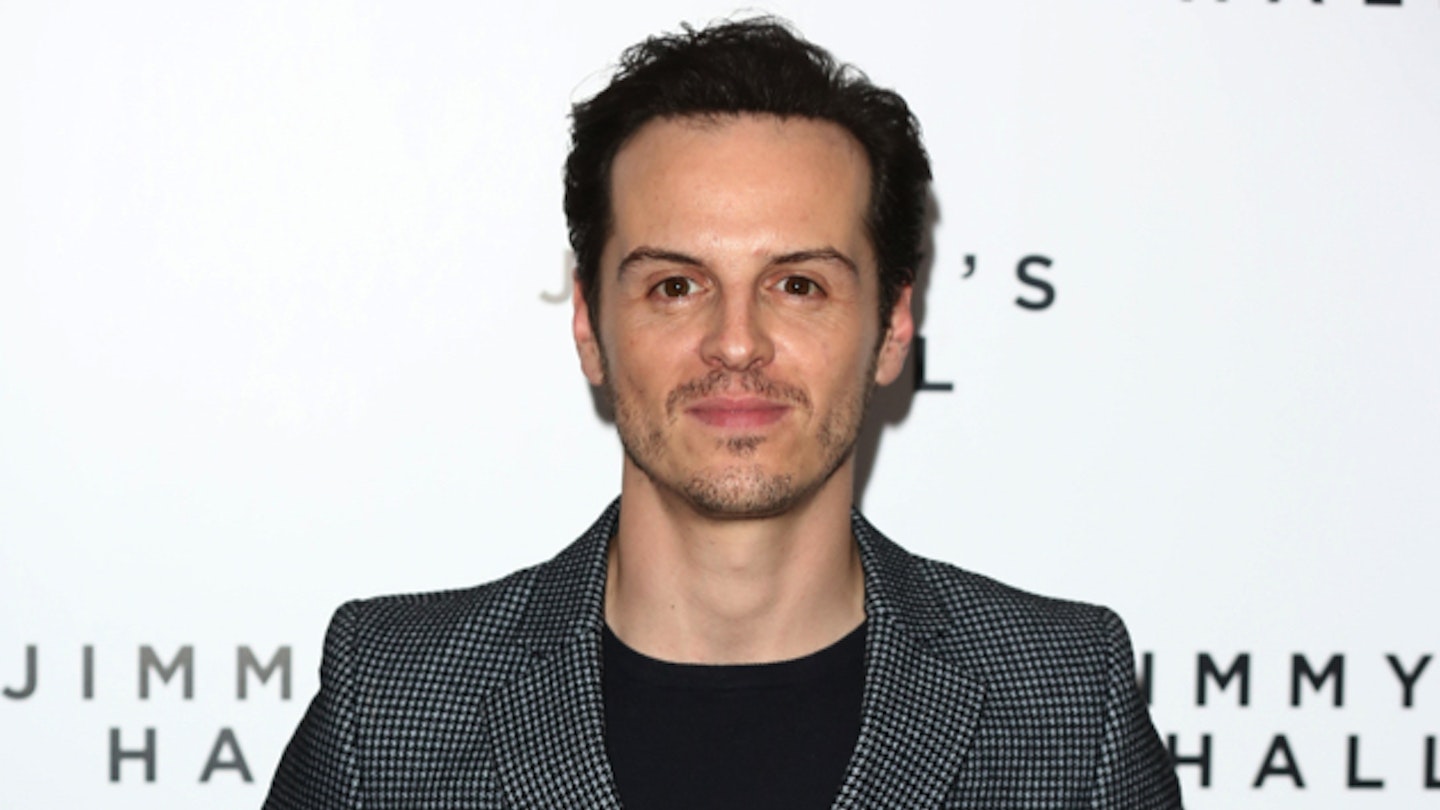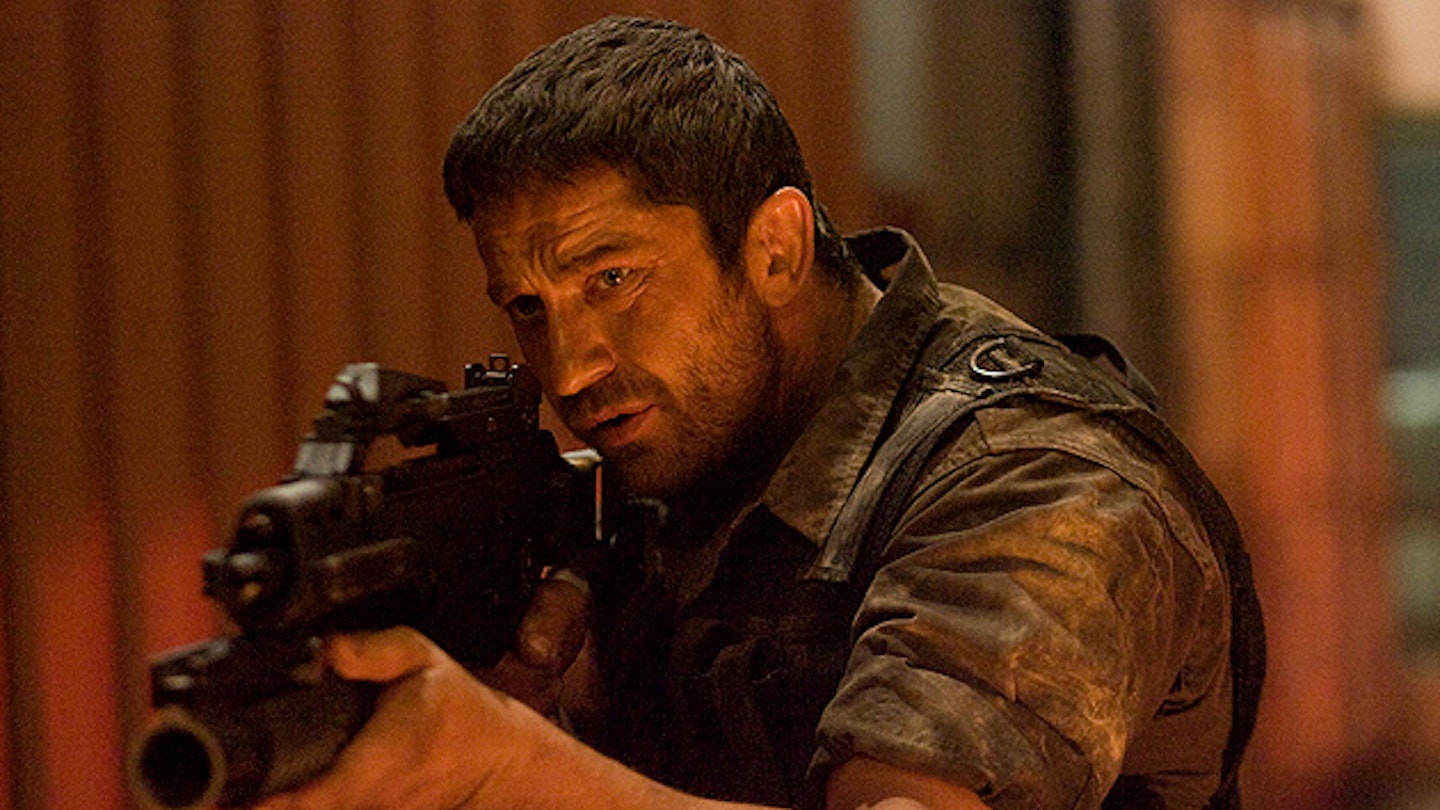CLASSIC LITERARY works like Mary Wollstonecraft Shelley’s Frankenstein will be subject to all kinds of interpretation. James Whale’s 1931 masterpiece went wildly off-book and defined cinema’s long relationship with the text, and the past few years alone have seen adaptations both faithful (Kenneth Branagh’s 1994 version, Bernard Rose’s 2015 take) and loose (I, Frankenstein, Penny Dreadful’s heady stew). And now here’s Max ‘Chronicle’ Landis and Paul ‘Sherlock’ McGuigan, aiming to do for Victor Frankenstein what Guy Ritchie did for Sherlock Holmes, set in the past but with a playful, postmodern sensibility that zaps new life into Shelley’s 200 year-old Gothic masterpiece.
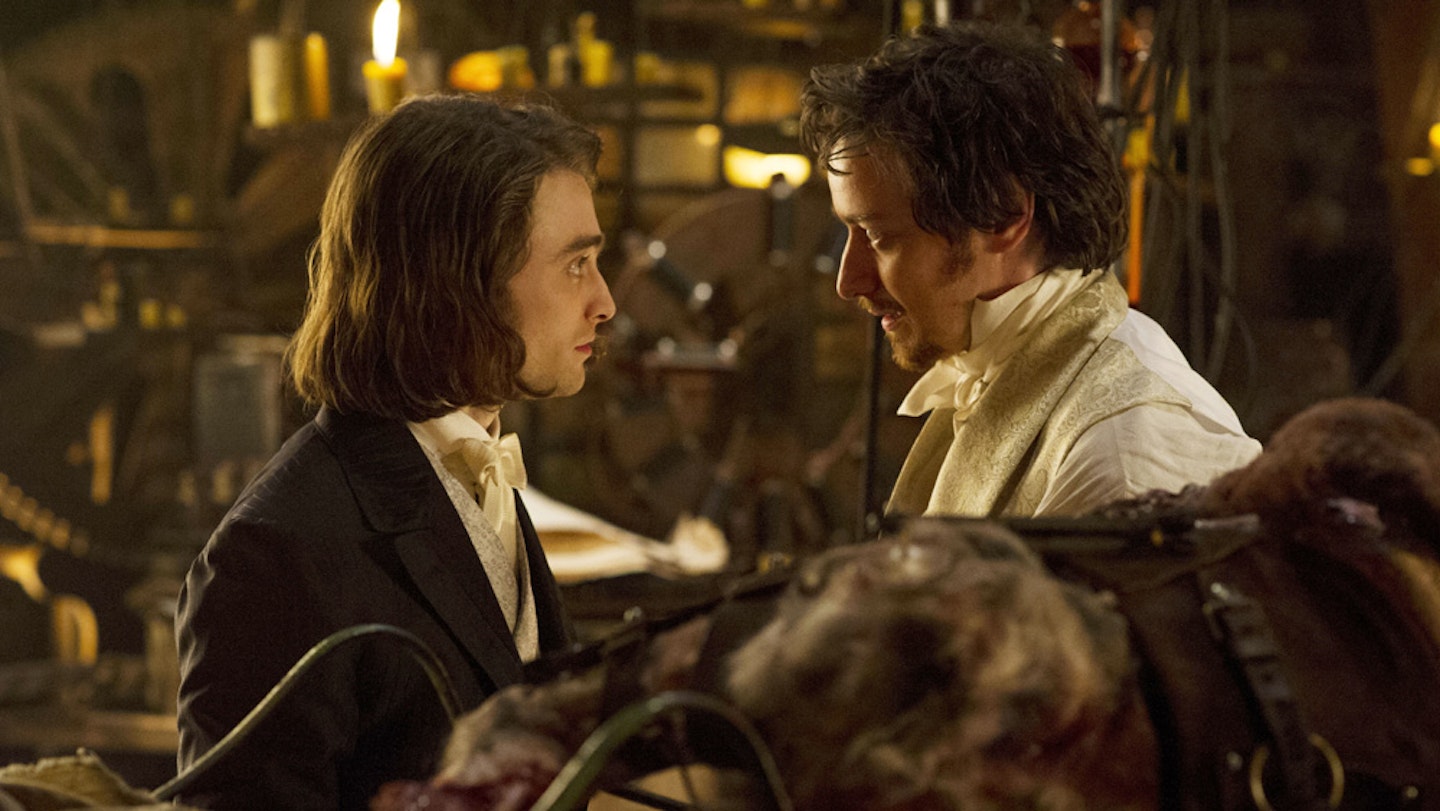
Although the film takes its name from the student doctor (James McAvoy) whose infernal experiments jolt a corpse to life using that new-fangled electricity, we enter Victor’s world through the haunted, stage-painted eyes of a hunchback clown (Daniel Radcliffe), who moonlights as the circus sawbones. After a daring escape — and a bit of toe-curlingly nasty boil-draining business — this nameless wretch is given the name ‘Igor’ (after Victor’s absent roommate, who has vanished in mysterious circumstances) and put to work helping Victor with his stated ambition to build a living being from dead tissue. Enter obsidian-eyed flatfoot Inspector Turpin (Andrew Scott, TV’s Moriarty), who suspects “evil, sinful mischief” on the part of Victor and his new assistant, and sets out to end their blasphemous exploits.
Landis’ script wittily addresses the ethical dilemmas of progressive science and the inherent blasphemy of man playing God — and there’s wicked-smart stuff about whether history will remember the name ‘Frankenstein’ as being synonymous with the man or the monster. It helps that McGuigan’s steampunk staging is brought to life with real sets and practical effects, but it’s the actors who work hardest to sell the reboot: Radcliffe strikes just the right tone as Victor’s acolyte-turned-conscience, although he is always at risk of being swallowed whole by McAvoy’s shouty, spittle-flecked performance, the kind that might give Al Pacino or Brian Blessed pause.
Wittily addresses the ethical dilemmas of progressive science.
On the downside, it’s perhaps ten minutes too long, there’s one villain too many (Freddie Fox’s foppish Finnegan largely superfluous), and, as is often the case with bromances, the female role (Jessica Brown Findlay’s trapeze artist, Lorelei) appears to exist largely to deflect suspicions that Victor and Igor only have eyes for each other (not counting the eyes in formaldehyde, of course). But these are minor gripes: from Moulin Rouge-esque opening to fire-and-brimstone finale, it’s a ripping yarn genetically engineered to please fans of Sherlock and Doctor Who.
